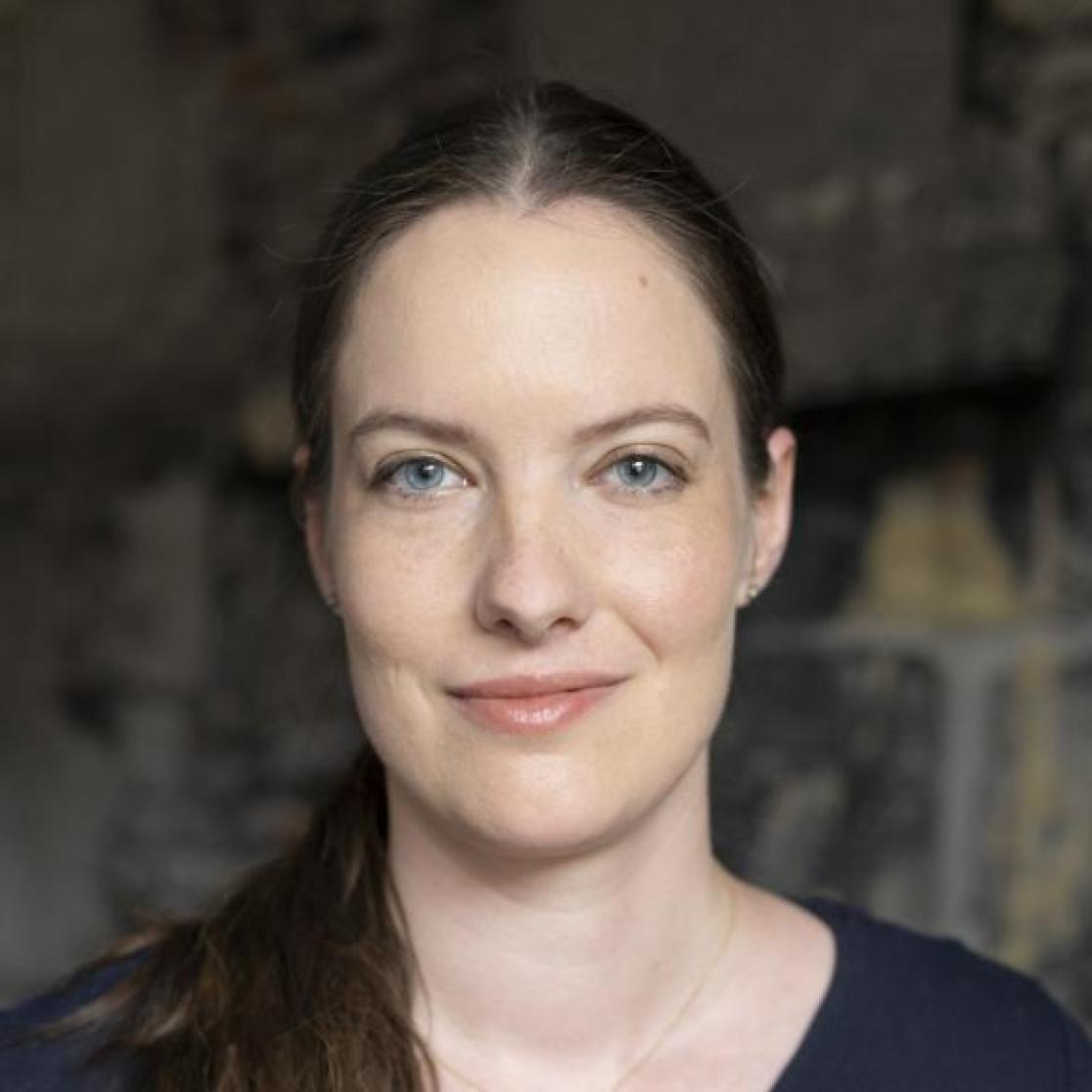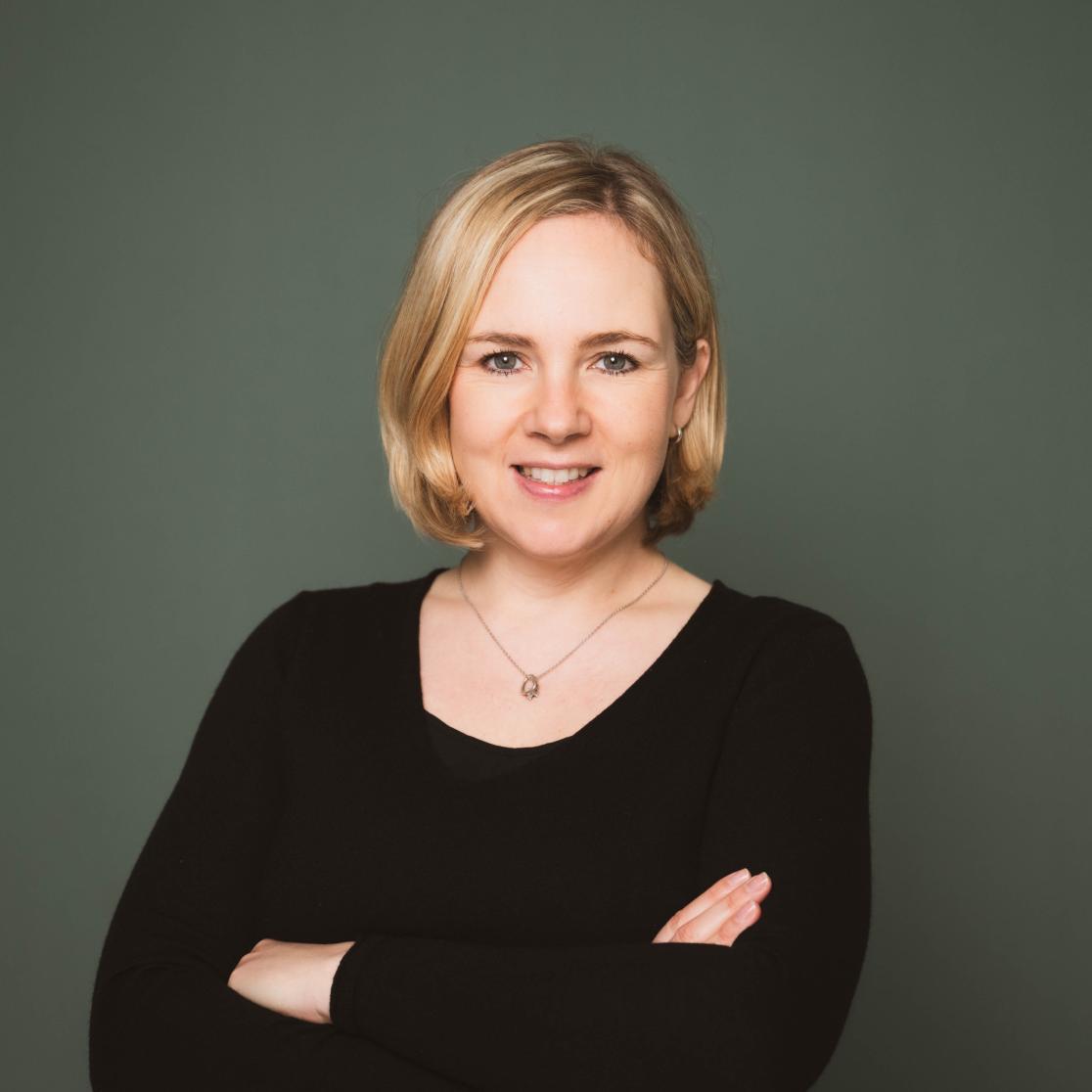Young(ish) academics speaking up
On 1 February, UCM’s Jenny Schell-Leugers will take over from MERLN’s Vanessa LaPointe as chair of the Maastricht Young Academy. What do they do, why might you want to join them, and why they aren’t younger.
“It’s a bit of a misnomer really,” says Vanessa LaPointe, the outgoing chair. “None of us feel particularly young. We are talking about anyone who has completed their PhD within the last ten years.” Maastricht Young Academy (MYA) is a selection of 18 academics, three from each faculty. The idea is giving a voice to academics of a certain career stage. Since by virtue of seniority, this group isn’t represented much in management positions, MYA wants to give them a platform.
“Our motto is ‘Speak up’,” LaPointe explains, “We want to create a space where young academics can be critical of the university and academia as a whole.” She is quick to add that it’s not just about analysis but that MYA also has the resources to bring about change – from providing policy advice to community and outreach activities. “The policy side is largely invisible work – we don’t co-author policies but we comment and advise for Academic Affairs, Human Resources and the Executive Board. It’s a very constructive relationship.”
Stepping stones and inspiration
The aim is always to make things better for their and the following cohort, explains Jenny Schell-Leugers, who is about to commence her two-year tenure alongside vice-chair Janosch Prinz (FASoS). For example, for the last three years, MYA awarded a grant worth €15,000 for interdisciplinary and interfaculty projects to give young academics without the financial means the opportunity to work with someone outside of their field. “It’s a possible stepping stone to apply for bigger grants with existing collaborations. The resulting presentations were really impressive and it has even caused the respective institutes to work together more.”
MYA also organises the speaker series ‘Growing up in science’, where successful academics shed light on their trials and tribulations. “People like Faculty Deans or Executive Board members talk about their paths and about the failures and vulnerability behind the glittering careers,” says LaPointe and adds that this makes their successes seem more relatable and attainable to young academics. Other activities include film screenings and panel discussions around academic topics. “It’s very a popular and a fun way to do scientific outreach,” says Schell-Leugers.
All Dutch universities have their own local chapters and there is a national organ as well, De Jonge Akademie. “We talk to each other and compare experiences,” explains LaPointe. “I think UM really is one of the best places to work in Dutch academia. Our Executive Board is very approachable and open to arguments – they also actively involve us.” While full of praise for UM’s leadership, both of them want to contribute to make academia more attractive for a group that is always overworked and often taking care of a young family.

Vanessa LaPointe is Associate Professor at the MERLN Institute for Technology-Inspired Regenerative Medicine.
Facilitating change
The issues they discuss are diverse, from starter and incentive grants to Recognition & Rewards as well as, of course, internationalisation. Schell-Leugers joined MYA two years ago. “I struggled with various issues throughout my career and when I heard that there was a way of making my voice heard and possibly affect change to make things better for other people, I didn’t hesitate.” She particularly enjoys the network of equals from different faculties and disciplines. “It’s more rewarding and energising than I had thought. You realise that you can actually make a difference if you organise. It’s nice to achieve tangible improvements rather than just complain.”
Becoming the chair changes that experience somewhat, as LaPointe remembers from her 2-year tenure together with vice-chair Christoph Rausch (UCM): “As a regular member I got to do more ‘speaking up’. I had my projects and tried to advance them. The chairs need to understand how UM works in order to facilitate and gather information for the members.” According to her, it’s the members setting the agenda and it’s up to the chair to smooth the bumps and open doors.
“I liked the fact that there was no hierarchy and that everyone’s opinions were heard,” says Schell-Leugers “and intend to keep it that way.” As a member, she focused on work pressure. UM’s leadership has already reached out to MYA to have strategic discussions on how to make the smart academic year work for staff without any detriment to the student experience. “I also want to give the new group the choice which projects they want to continue with and what we might want to add.”

Jenny Schell-Leugers is Associate Professor of Legal Psychology at University College Maastricht.
Current MYA members select incoming ones for a four-year tenure. Research and education qualities certainly matter but the most important thing is to have a vision about what to do with the means MYA membership would afford applicants. “You have to keep in mind that it’s volunteer work”, says Schell-Leugers, “so being motivated and really wanting to achieve something is the most important criterion.” “We really want to encourage people to engage with us,” LaPointe adds. “Just email us with issues, ideas or possible projects. And if you’re motivated, just apply to join us!”
Text: Florian Raith
“Just email us with issues, ideas or possible projects. And if you’re motivated, just apply to join us!”
Vanessa LaPointeAlso read
-
Flour, family, and forward thinking: the evolution of Hinkel Bäckerei
In the heart of Düsseldorf, the comforting aroma of freshly baked bread has drifted through the streets for more than 130 years. Since its founding in 1891, Hinkel Bäckerei has evolved from a small neighborhood bakery into a cherished local institution.
-
The University Fund Limburg's new Annual Fund Campaign is live!
Every year during the holiday season, the UM community comes together to uphold a special tradition: supporting projects that contribute to a healthier, fairer and more sustainable society. Will you join us?
-
A new wave of talent emerges from the School of Business and Economics
On Sunday, November 30, 2025, the Maastricht University School of Business and Economics (SBE) proudly celebrated the achievements of over 1,461 graduates from both bachelor’s and master’s programs. The festive ceremony took place at the MECC Maastricht and marked a significant milestone for the SBE